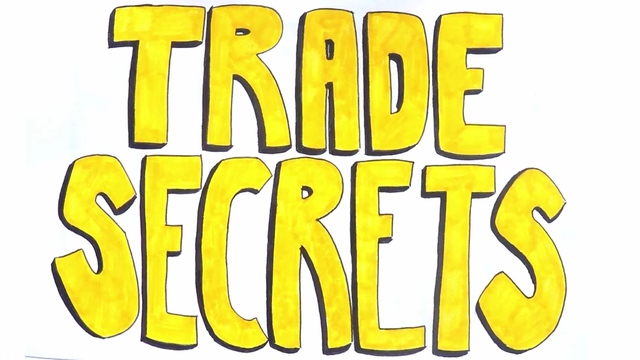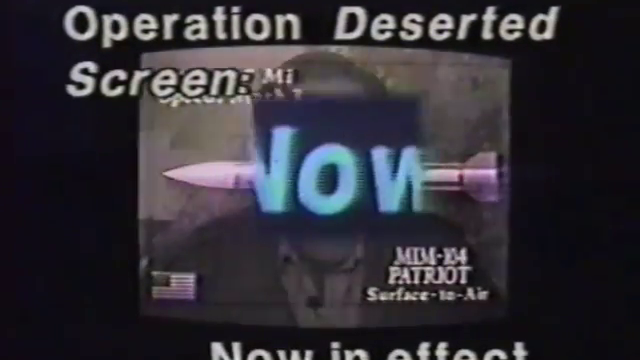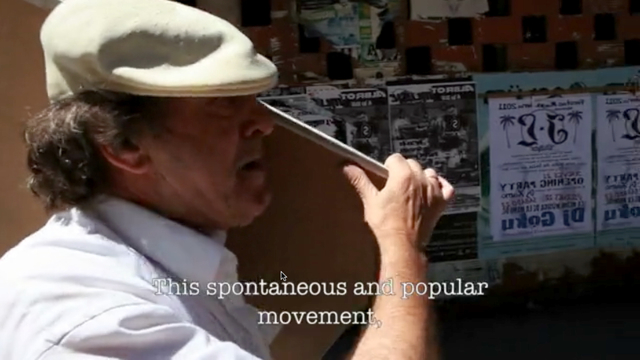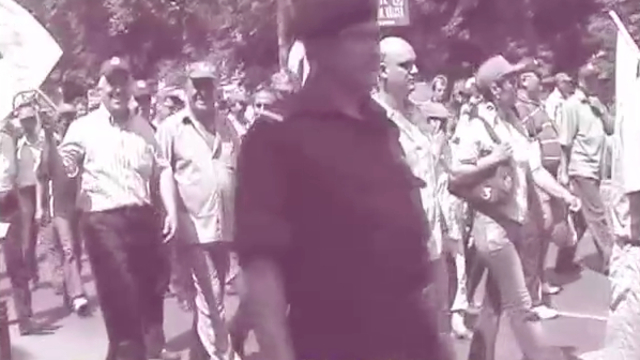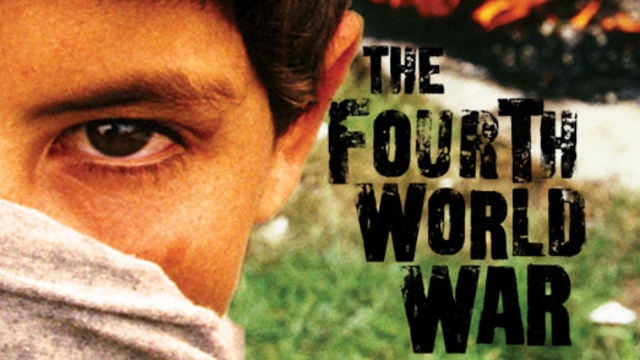To Shoot an Elephant
Synopsis
"...afterwards, of course, there were endless discussions about the
shooting of the elephant. The owner was furious, but he was only an
Indian and could do nothing. Besides, legally I had done the right
thing, for a mad elephant has to be killed, like a mad dog, if it's
owner fails to control it".

